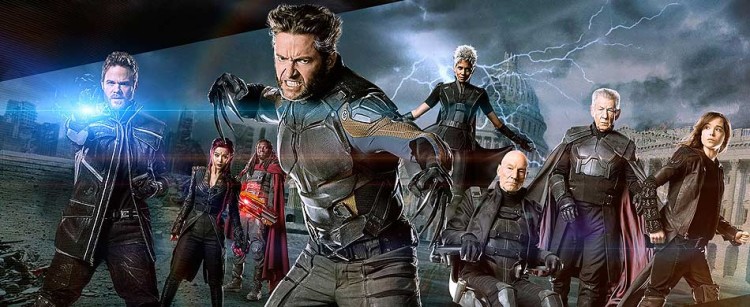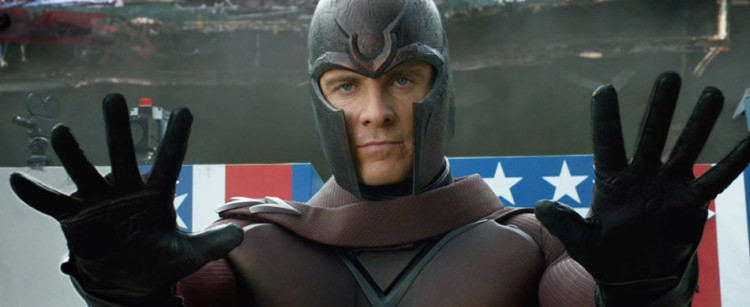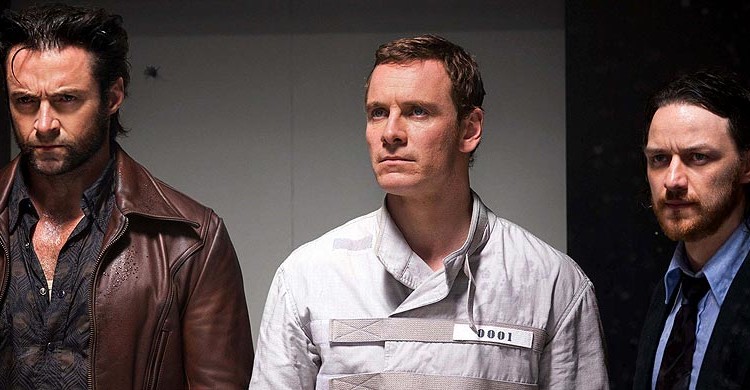By Jorge Carreon
We should either excoriate or thank director Joel Schumacher for the comic book films we have today. Schumacher essentially killed the comic book movie when he took over the groundbreaking “Batman” franchise from Tim Burton and roasted it on a bonfire of vanity, a veritable funeral pyre of camp. While the fan boy phenomenon had yet to establish its branding authority, what made films like the early “Superman” and “Batman” epics such an essential part of pop culture is that they were mainstream powerhouses. They were fan boy movies for people who weren’t fan boys. Everyone could enjoy the marvel of character nuance blended with rapidly advancing special effects. More, they were an extension of what we loved most in movies: a hero we could relate to in earnest.
After the issues of nipples and codpieces took center stage over craft with “Batman & Robin,” it did appear the comic book movie was heading to the studio morgue once audiences stayed away. Then, something wonderful happened. A wunderkind named Bryan Singer, who delivered a TKO with “The Usual Suspects,” was tapped to bring Marvel’s esteemed “X-Men” to the screen. Any uncertainty about whether people would care about a bunch of mutants fighting for acceptance or dominance was unfounded. “X-Men” was a global smash, an absolute game changer in the genre with richly layered drama that blended the best of popcorn entertainment and emotional resonance. In an era before “bullying” became a political topic, “X-Men” found its greatest strength with its subtext, positioning itself with those who understood being marginalized.
The critical and commercial success of the initial “X-Men” in 2000 breathed new life into the comic book universe and turned Marvel into a major player. Singer himself raised the stakes even higher, breaking the sequel curse with “X-Men 2” (2003) by broadening the world of the characters but losing none of their topicality or dramatic strength. While other studios began prospecting their own territory with Marvel and DC Comics, the results weren’t always met with a gold rush at the box office. (“Daredevil” or “Elektra” anyone?) Still, the comic book movie was here to stay and Singer provided the benchmark.

A lot has happened in the 14 years since “X-Men” first stormed the multiplex. The fan boy has been imbued with considerable marketing power. And while studios remain myopic in the sense that only fan boys and their online authority can make these films hits, the reality is the films that work (“The Avengers,” “Iron Man,” “Captain America 2”) are still the ones that play to us all. That is what makes Singer’s return with “X-Men: Days of Future Past” such a conundrum. Despite the exquisite craft on display, how is it that he also delivered one of the coldest and most alienating chapters in the franchise he helped launch?
The erratic standard of quality of the “X-Men” franchise is worthy of its own discussion. Unlike the “Harry Potter” films, which rose in quality with each director, the “X-Men” films have wobbled heroically with narratives that are long on action set pieces but devoid of an emotional center. Brett Ratner turned “X-Men: The Last Stand” (2006) into a vulgar and thundering bore, despite its box office muscle. Matthew Vaughn placed style over substance with “X-Men: First Class” (2011), but it possessed a formidable cast that engaged an audience. Yet, instead of expanding its pull beyond a core group, the “X-Men” franchise was no longer something for all of us to appreciate.
The beauty of Christopher Nolan’s “Dark Knight” trilogy wasn’t that he restored vigor to “Batman” on screen. No, he delivered a magnum opus on the world we live in today. It is a powerful chronicle of modernity, a 21st century that is gritty, raw, flawed and desperate for a hero. To say Nolan’s take on “Batman” wouldn’t exist with “X-Men” is not far off the mark. The rules set by the early “X-Men” films were heeded by filmmakers as Nolan and Joss Whedon, raising the bar again in the process. The initial elation caused by having Singer back in the “X-Men” fold as director was thrilling and founded. He was going to save this highly valued franchise! Oh, the prospects as to what would he do!
In a mind-boggling opening, the film instantly offers the tantalizing premise of being set in a world destroyed by fear against mutants. The “X-Men” have been all but eradicated, along with the humans who dared to support them. Sentinels patrol a desolate planet, searching out mutants by using their own powers against them. It is a terrifying authoritarian reality, something Singer excels at establishing. Desperate to find a solution to their plight, Professor Charles Xavier (Patrick Stewart) and Magneto (Ian McKellen) have devised a plan to send Wolverine (Hugh Jackman) to the early 1970s. His mission? He must stop a young Mystique (Jennifer Lawrence) from assassinating the creator of the Sentinels, Dr. Bolivar Trask (Peter Dinklage). It is Mystique’s mutant DNA that becomes the key to the Sentinels power, thus stopping her in theory will stop the war and mass destruction of the world. Yet a bigger obstacle exists as a devastated young Xavier (James McAvoy) and future Magneto, Erik Lehnsherr (Michael Fassbender) must repair their alliance in order for the plan to work as time ticks away.

Oh, prepare to walk into “Inception” territory with screenwriter Simon Kinberg’s narrative for “Days of Future Past.” You will discover it is that sense of the familiar that permeates much of the film. This is an incredibly convoluted plot, one that is dense, slight and rushed, all at once. Mutant characters are introduced (or reintroduced), but disappear as quickly as the plot conveniences allow. The most damaging is the use of Evan Peters (of “American Horror Story” fame) as Quicksilver. Easily the best sequence, his arrival and role in the breaking out of Lehnsherr from the Pentagon are a startling new high in terms of the genre. Both wickedly funny and thrilling to watch, Peters energizes the film into something unique. It reveals Singer still in control of the “show,” the part that engages all sectors of the audience. But, after scaling that high, the film never returns to that sense of wonder. Peters disappears from the film and is replaced with a lot of 70s designed chaos and cutaways to the future to make sure you don’t forget the surviving mutants are still in peril.
Perhaps the most worrisome aspect of “Days of Future Past” is just how hard everyone and everything works to connect with the audience. Much was made about the emotional scope of this installment of “X-Men” based on its trailers, but it is hard to feel anything for the characters in the feature. Because Peters is so good, you will notice just how much skilled actors like McAvoy and Fassbender come across as going through the motions. Adding to the riddle is how the film turns Oscar winning It Girl Lawrence, an actor of great visceral beauty, into a total flat line. It seems impossible since the plot literally revolves around her, but you can’t help think that manipulative executive forces are at play here to cash in by putting her in the center. Given the complexity of what Singer and Kinberg are trying to attempt with themes of control, faith and destiny, it just feels like an opportunity squandered by caution.
Sadly, the calculated nature of “Days of Future Past” also provides the deepest cut between the mainstream and the core. Fans of the series will enjoy seeing the return of most of the franchise favorites in some capacity, as well as the cinematic interpretations of key “X-Men” mythology. But the for rest of us it is just a serviceable summer movie. This “X-Men” was born out of a marketing report. Its far-reaching locales like Beijing and Moscow reek of trying to impress new box office partners. In fact, almost every beat of the film feels predetermined, as if it was designed to give the people only what they’ve enjoyed before and little else. For a filmmaker – and a film series – that had such role in shaping the future of the modern Hollywood film, it is a real shame to see both felled by a standard from days long passed.
“X-Men: Days of Future Past” is now playing nationwide.





